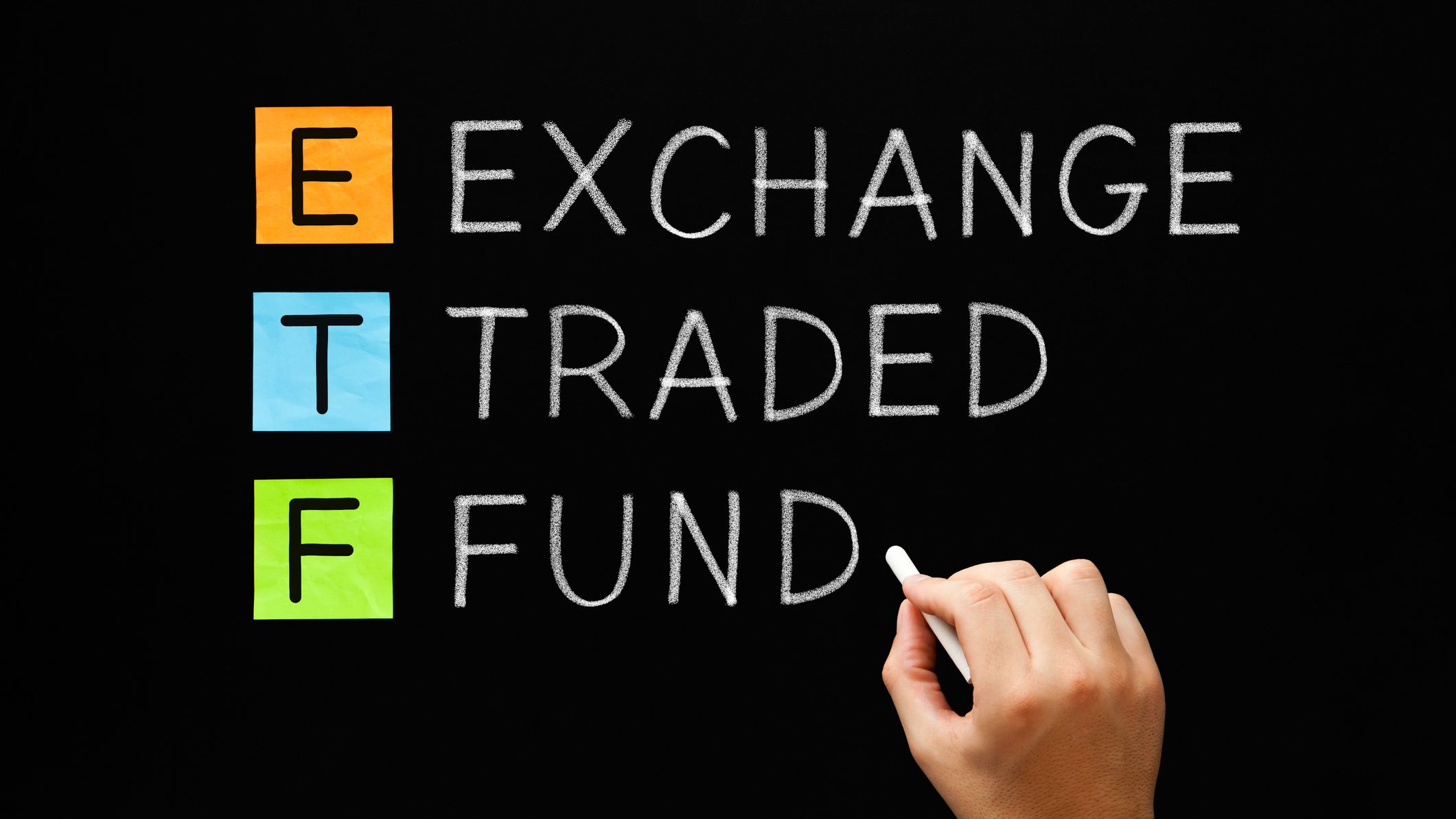When one decides to start investing they need to make a decision about what to invest in. Some of the most common sectors to invest in include exchange traded funds and stocks. Both of them have their own set of advantages but one needs to compare them to find the best use of your money.
Any investment related decision requires a lot of research and practical analysis. Your information needs to be thorough in this respect. In this article, we will help you to understand what exchange traded funds are and whether or not they offer more benefits than stocks.
What Are Exchange-Traded Funds?
An exchange traded fund or an ETF resembles mutual funds to a great degree. This investment security works by tracking a certain index or asset. In this manual the general operation is similar to that of a mutual fund. They are traded like regular stock and can be purchased and sold after tracking its price among other assets and securities.
ETFs are usually bought and sold on stock exchange platforms and even used to track different investment strategies. The main difference between exchange traded funds and mutual funds is that the latter aims at overcoming the current benchmark in the market while the former tracks the index and tries to mimic its returns.
How To Recognise a Good ETF Issuer?

As a common user, one needs to identify which is a good ETF issue before investing their money in it. Make sure you take the help of service providers like ETFino.com for the same. We have compiled a list below that will allow you to pick the right exchange traded fund.
- The minimum level of assets for an ETF should be at least ten million dollars. It will only bring good returns to investors if it crosses this threshold of value. Typically, the level of acids is directly related to how much different investors are interested in making a viable choice for putting their money in. If the investor interest is low the option becomes vulnerable to liquidity.
- If you have a choice, always invest in an ETF which has a wider index with high diversification. Investor interest is usually limited for narrow industries with limited focus.
- A good ETF issuer is based on an original idea which allows it to have some level of defensibility in terms of industrial interest. A particular ETF issuer which was the first in a certain sector is likely to have higher investor interest than other options that only copy the original idea.
- Exchange traded funds need to be trapped closely in order to prevent any and all errors. No tracking errors will help users identify a good ETF issuer.
- As a user who is investing for the first time, one of the basic things that you need to check is the trading activity. Typically, an exchange traded fund should have sufficient volume to be traded daily in the market. The most expected volume for a good ETF is about millions of shares. A good trading volume directly stands for the liquidity of an ETF. Keeping a tab on trading activity will also allow you to understand when to invest and when to back out.
Difference Between Stocks and Exchange Traded Funds

The easiest way to know how exchange traded funds are better than stocks is to look at their differences. Seeing the differences will help one differentiate whether they are benefits and different domains and whether or not it is worth your money as an investor.
- The first difference is that stocks are shares of a company or organization that are bought individually by any investor. On the other hand exchange traded funds are a pulled investment which is managed at a more professional level than stocks.
- The second major difference comes in the factor of risk tolerance. If you are an investor who is getting into the market for the first time, your tolerance might not be as strong as somebody who has been involved with trading for a while. Exchange traded funds are comparatively far less risky than stocks.
This is because they are classified as a pulled investment which gives them a certain stability. Stocks, on the other hand, are completely reliant on how much profit a particular company is making and an organization’s revenue generation. So in the event that a company suffers the loss the price of their stocks will plummet which can cause a loss for anyone who has invested in their shares.
- The final point of difference is highly dependent on the type of ETF or stocks we are talking about. But if we generally we can say that ETS are less liquid as compared to stocks.
Are Exchange Traded Funds Better Than Stocks?
Based on the difference which is mentioned above one can safely say that ETFs offer a more comprehensive way for investors to make a profit than stocks do. There is more risk involved with stocks and are comparatively more prone to liquidity than exchange traded funds.

Typically, stocks are based on the company’s performance and have more of a volatility which is dependent on multiple factors like the global scenario and the economic situation. One also needs to realize that exchange traded funds offer more than average gains. However, it is highly subjective and depends on the type of ETF one invests in.
The Takeaway
We hope that this article helped you in realizing the type of benefits exchange traded funds provide in comparison to stocks. As an investor you first need to realize what ETFs do before going ahead and choosing a good issuer. Your risk tolerance and zeal to make a profit out of your investment will decide the kind of investment you eventually end up making. Factoring in the volatility of stocks while investing is also important to make a fair comparison. Make sure you do some research on your own as well for a better decision.









